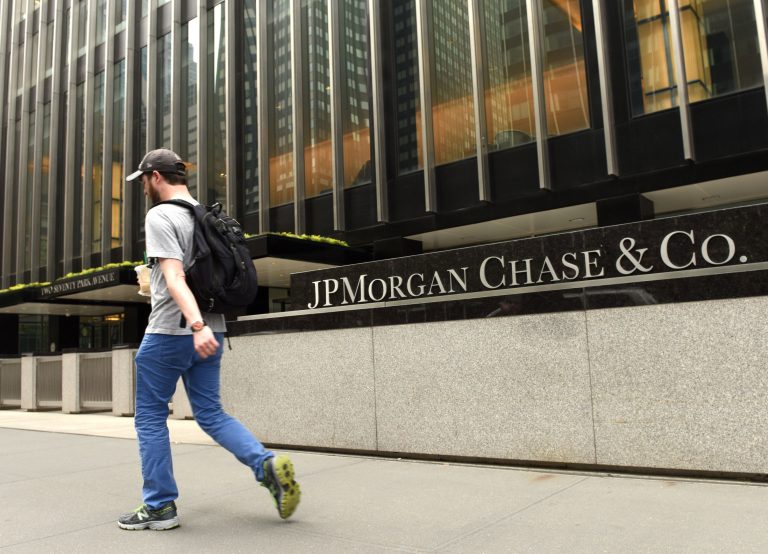As Donald Trump is set to become the 47th President of the US, expectations are high for a regulatory shift that could benefit bank stocks.
Analysts anticipate that Trump’s administration will favor less regulation, which could serve as a “game changer” for financial institutions.
This backdrop is expected to fuel increased mergers and acquisitions (M&A) activity.
However, Baird analyst David George remains cautious and has downgraded JPMorgan Chase & Co (NYSE: JPM) to “underperform,” signaling potential risks for investors.
Why did Baird turn bearish on JPMorgan stock?
George’s outlook for JPMorgan is clouded by concerns over overearning from credit and net interest income.
He notes that JPM shares are expensive at current valuations and recommends reducing exposure due to an unfavorable risk-reward profile.
“We know we’re fighting the tape here, but believe it makes sense to sell the stock,” George stated in a research note released Thursday.
The analyst’s $200 price target implies a 19% downside from JPMorgan’s most recent closing price.
He points out that JPM shares are trading at approximately 2.6 times their tangible book value and over 14 times estimated earnings per share (EPS) for 2026, nearing or surpassing historical highs.
JPMorgan stock has surged more than 45% from its year-to-date low in mid-January, making it a strong performer.
However, Baird argues that this significant rally may have priced in most of the good news already, making the stock less attractive at current levels.
Despite the downgrade, JPMorgan offers a dividend yield of 2.11%, which could still appeal to investors seeking passive income.
JPM unlikely to boost buybacks any further
While Trump’s expected policies could create a more favorable regulatory landscape and potentially lead to increased capital returns for banks, George does not foresee JPMorgan expanding its stock buyback program.
“At these prices, buybacks don’t significantly impact EPS and aren’t a great use of capital,” he added in his note.
JPMorgan’s recent third-quarter earnings were robust, surpassing Wall Street estimates.
The bank reported a 3.0% year-over-year increase in net interest income, reaching $23.5 billion, higher than the expected $22.73 billion.
Despite this strength, George warns that the Federal Reserve’s shift towards rate cuts could pressure the bank’s margins moving forward.
The central bank implemented a significant 50-basis-point rate cut in September and is set to announce its next policy decision later on Thursday.
While Trump’s return to office may bode well for the banking sector at large, Baird’s cautious outlook on JPMorgan highlights potential risks, suggesting that investors consider trimming their exposure to the stock.
The post Why JPMorgan stock could face headwinds despite Trump’s expected pro-bank policies appeared first on Invezz

